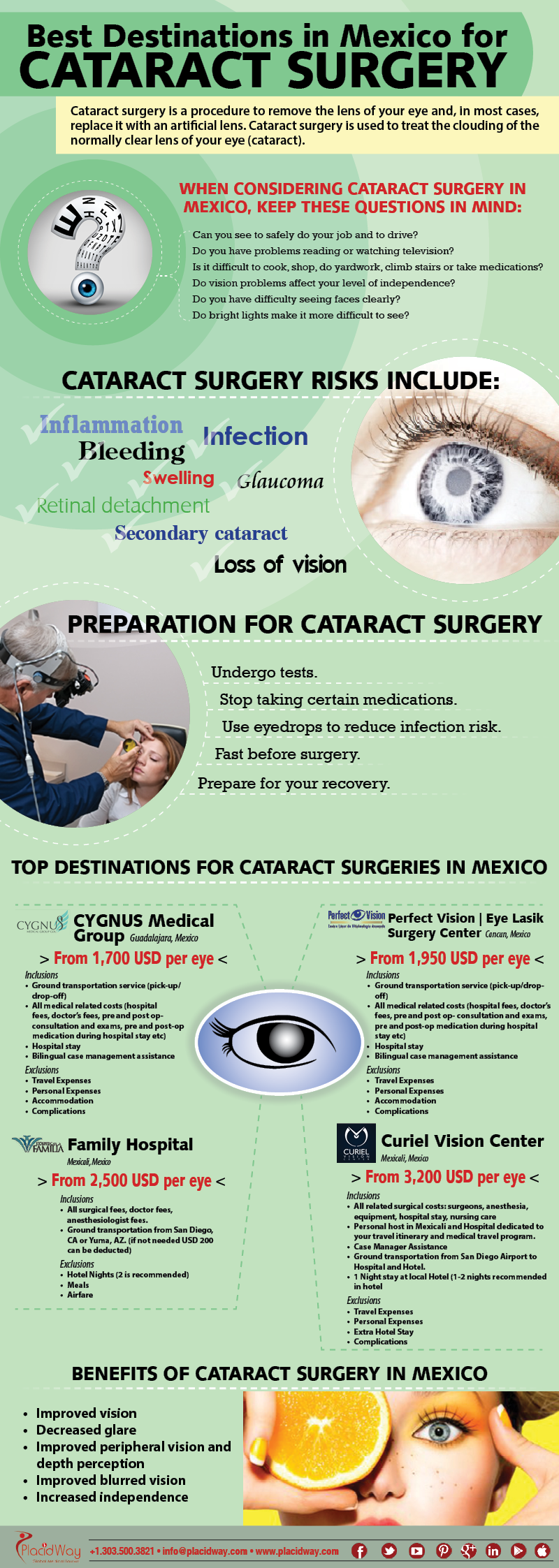Advancements In Eye Care Are Revolutionizing Ophthalmology Centers— Uncover What Your Practice Needs To Thrive And Remain In Advance In This Evolving Landscape
Article By-Franks Haahr In today's affordable healthcare landscape, your ophthalmology center must stay ahead by accepting the most up to date innovations in eye care. Advanced analysis innovations like OCT can change how you detect conditions early, while minimally intrusive surgical strategies can boost individual experiences and results. Yet it doesn't quit there. Personalized therapy strategies are coming to be important for reliable care. What other innovations should you take into consideration to genuinely boost your technique?
Advanced Diagnostic Technologies
As eye care continues to develop, advanced analysis innovations are changing just how you monitor and treat vision problems. With tools like optical coherence tomography (OCT), you can now see in-depth pictures of the eye's framework, allowing for earlier discovery of problems like glaucoma and macular deterioration. Automated visual field testing aids you examine field of vision more accurately, while electronic imaging systems streamline the process of tracking changes with time. These advancements not just improve the accuracy of your diagnosis but likewise enhance your treatment choices. By accepting these modern technologies, you can make certain comprehensive exams and tailored care strategies, inevitably bring about much better end results for your people. Keep notified and buy related resource site to keep your method at the leading edge of eye care.
Minimally Invasive Surgical Techniques
While standard surgical techniques frequently entail substantial recovery times and risks, minimally invasive medical strategies are revolutionizing eye care by supplying much safer, quicker options. These strategies, such as small-incision cataract surgical treatment and laser-assisted treatments, lower injury to the eye and bordering cells. You'll benefit from much shorter healing periods and less postoperative discomfort, permitting you to return to your everyday tasks quicker. Furthermore, these techniques frequently lower the risk of issues and enhance general medical end results. With advancements in innovation, your ophthalmology clinic can supply these ingenious solutions, enhancing individual contentment and end results. Accepting minimally intrusive methods not just boosts your method however likewise makes certain that your patients obtain the best possible care tailored to their needs.
Personalized Person Treatment and Treatment Strategies
In an age where one-size-fits-all methods are coming to be outdated, individualized patient care and treatment plans go to the forefront of eye care innovation. You are worthy of customized solutions that resolve your one-of-a-kind needs, preferences, and case history. By leveraging sophisticated analysis tools and hereditary screening, your ophthalmology center can create customized treatment strategies that enhance your visual health and wellness. This technique not only boosts patient contentment but likewise enhances outcomes. Routine follow-ups allow for adjustments to your plan based on your development and any type of arising demands. Embracing individualized treatment implies you're actively involved in your treatment journey, guaranteeing that the options you receive line up completely with your lifestyle and objectives. Take advantage of this modern change in eye care today! Final thought Incorporating technologies in eye care is crucial for your ophthalmology clinic's success. By welcoming advanced analysis technologies, minimally invasive medical techniques, and individualized treatment plans, you can dramatically boost individual results and contentment. These developments not just improve safety and recovery times but additionally develop count on with your clients. Staying upgraded with these innovations makes certain that you offer the greatest requirement of treatment, eventually establishing your clinic apart as a leader in the field of ophthalmology. 